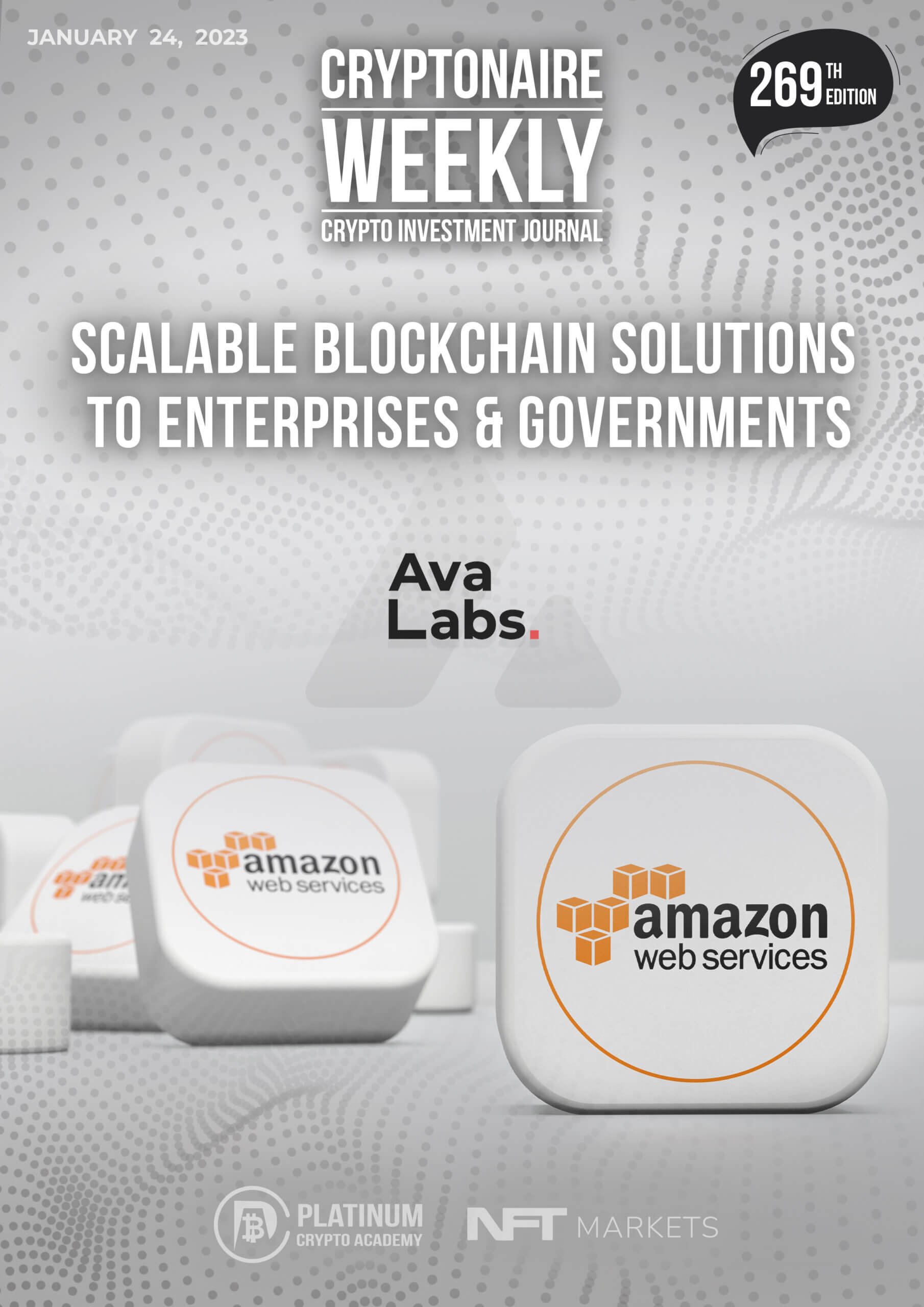Japanese electronics and media giant Sony filed for a patent that integrates blockchain within the trading infrastructure for its in-game assets. As per the patent application, it plans to use NFT and decentralized ledger technology to record the movements and changes undergone by its in-game digital assets. Sony said that changes to properties of the digital asset, such as ownership, visual appearance, or metadata can be identified in a request to update the history.
The filing, titled “Tracking Unique In-game Digital Assets using Tokens on a Distributed Ledger”, describes a system that mints a token to follow the history of each one of these assets in a given environment. The system relies on blockchain technology, which also lies at the core of crypto currency trading.
Sony wants reliable technology that allows gamers to purchase in-game items, characters and other digital items in the form of NFT. Its patent offers a reliable and trustworthy backend platform on which such items can be bought, sold or traded. Sony, which is deep into e-sports and gaming, could market digital merchandise better if it can offer proof of ownership and restrict duplication of items.
According to the description, each one of the actions that the player executes on the item will be tracked, including trades and modifications on its structure. This will help the company gather intelligence on what actions players execute more commonly, on which items and their frequency.
The patent application also refers to video game digital media assets representing moments of gameplay of a video game, such as video clips or images, thereby hinting at the possibility of users creating their own NFT moments to trade. These would be tracked by the proposed system.
These moments, created of in-game video or images, would be treated as media products and composed of important interactions that can be classified according to their rarity. The patent mainly concerns items that are considered unique. The digital assets could range from gameplay clips or images to in-game characters or items.
In other words, developers can offer a limited quantity of branded items or virtual merchandise that’s associated with celebrities, events or other noteworthy aspects. These items will have a unique identifier and metadata, and all trades of such items will be tracked and recorded to confirm ownership.
The closest thing to NFT that Sony currently has is a range of digital trophies as part of its PlayStation Stars program, although the platform holder explicitly states that those are not NFT. Unlike its PlayStation Stars program with its quests and collectibles, Sony’s NFT patent focuses on specific items that players would want for the same reasons why fans want items associated with sports stars.
Sony, one of the world’s largest entertainment and media companies, has filed the official patent documents in July 2021, when NFT and play-to-earn games were surging in popularity and valuations. However, Sony revealed the news publicly in November 2022. While the filing is only for a patent, it shows that Sony is interested in entering the growing space of NFT gaming.
The PlayStation gaming console maker noted that people would find it meaningful to get their hand on unique items related to respected celebrities or popular activities.In this context, it also referred to baseball collectibles, noting people’s fondness for collecting memorable items. Sony explained in the patent application that there is a need for digital assets to mirror the scarcity of resources in the real world.
The latest patent would not be Sony’s maiden foray into NFT. In May 2022, Sony partnered with Theta Labs to launch a collection of 3D NFT. The limited-edition NFT collection is viewable on the Sony’s tablet-style device called Spatial Reality Display.
Technology giants usually file patent applications but a patent filing is not a guarantee that it would push forward with the project and make it commercially viable. While some of these patents end up in the stores, many of them also stay as just that, a patent.


